David ROBERTS
David A. J. ROBERTS
AKA ?
Late of Windsor?, NSW
NSW Goulburn Police Academy – Class # “possibly” DDP 01 ( CEP 98/2 ) Class 274
New South Wales Police Force
Regd. # 32835
Service: From pre December 1998 to 26 January 2017 = 18 years Service ? ? ?
Rank: Commenced Training at Goulburn Police Academy on ? ? ?
Probationary Constable- appointed “possibly” 22 December 1998
Constable – appointed ? ? ?
Constable 1st Class – appointed ? ? ?
Detective – appointed ? ? ? ( YES )
Senior Constable – appointed ? ? ?
Leading Senior Constable – appointed ? ? ?
Final Rank = Detective Senior Constable
Stations: ?, Liverpool ( 22 Division ), “possibly” a Rejoinee: Burwood, Bass Hill, Middle Eastern Organised Crime Squad ( MEOCS ), the Rocks, Leichhardt ( Glebe ) Detectives – Retirement
Retirement / Leaving age: = ?
Time in Retirement from Police: ?
Awards: No Find on Australian Honours system
Born: Wednesday 30 September 1970
Died on: Monday 6 January 2020
Age: 49 years, 3 month
Cause: Cancer – stage four non-Hodgkin lymphoma
Event location: ?
Event date: ?
Funeral date: ? ? ?
Funeral location: ?
Funeral Parlour: ?
Buried at: ?
Memorial / Plaque / Monument located at: ?
Dedication date of Memorial / Plaque / Monument: Nil – at this time ( May 2021 )
DAVE is NOT mentioned on the Police Wall of Remembrance *NEED MORE INFO
FURTHER INFORMATION IS NEEDED ABOUT THIS PERSON, THEIR LIFE, THEIR CAREER AND THEIR DEATH.
PLEASE SEND PHOTOS AND INFORMATION TO Cal
May they forever Rest In Peace
https://www.facebook.com/groups/AustralianPolice.com.au/
https://www.facebook.com/NSWFallenPolice/
https://www.facebook.com/groups/NSWFallenPolice/
Australian Police YouTube Channel
Doctors refuse to treat a tough-as-nails anti-bikie cop who has just days to live – even though life-saving surgery is available and he’s willing to sign a waiver
- Specialists refused potentially life saving cancer treatment to a former cop
- David Roberts has just weeks to live unless he receives experimental treatment
- But medics are nervous the untested treatment could have adverse affects
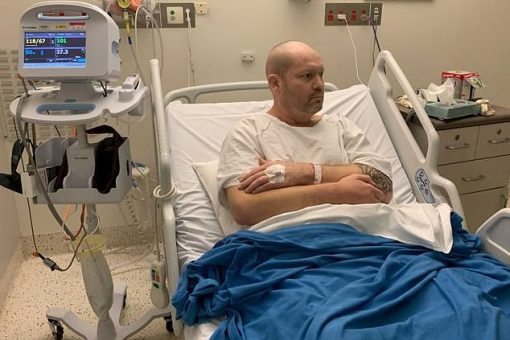
Specialist doctors have refused potentially life saving cancer treatment to a former police officer because they can’t guarantee it will work.
David Roberts, 49, is willing to sign a waiver clearing medics at Sydney’s Royal Prince Alfred of any wrongdoing should he have an adverse reaction to the experimental medication.
The father-of-three has been given just two weeks left to live after other treatments for his stage four non-Hodgkin lymphoma failed.
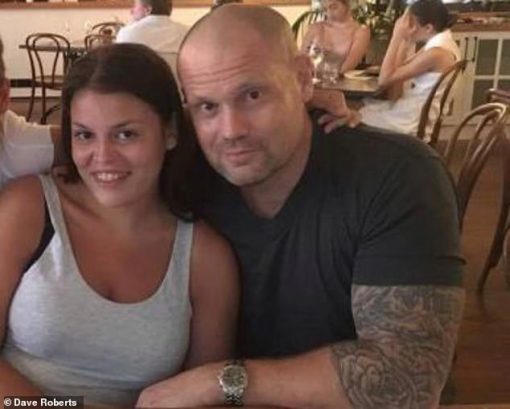
He said he will likely die whether or not he has the treatment, but wants doctors to give him one last chance at life.
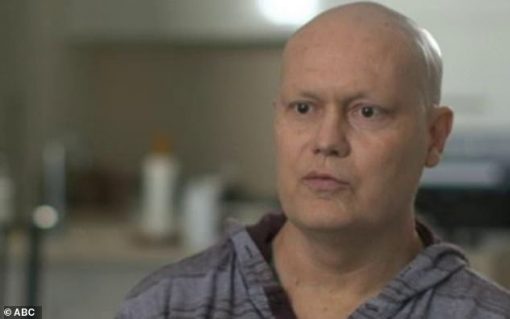
The CAR T-cell treatment, which costs $500,000, is currently being tested in clinical trials across the nation, but anyone ‘qualified to administer it isn’t prepared to do so’ in Mr Roberts’ case, The Australian reported.
It requires removing T-blood cells from the body – which doctors have already done for Mr Roberts – before mutating them and reintegrating them back into the patient’s system.
The mutated cells hopefully then fight the cancerous cells on their own.
But doctors fear the treatment could actually cause him harm or make his condition worse, which would breach their ethical obligations.
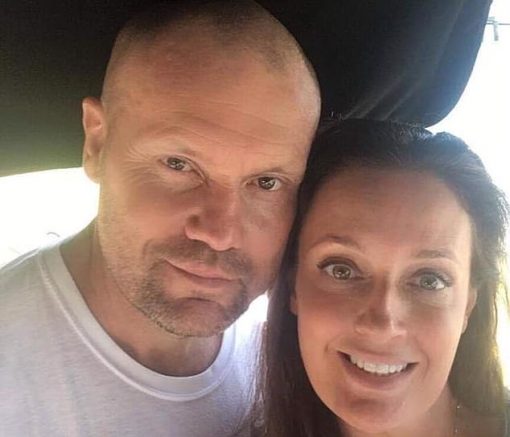
The well-respected former NSW detective and his family called upon politicians to help him secure the treatment when he first learned of his terminal diagnosis.
Federal Health Minister Greg Hunt personally lobbied on Mr Roberts‘ behalf, as did NSW Police Minister David Elliott, who wrote to PM Scott Morrison asking for his support.
‘Like every officer who dedicates and often risks his or her life to keep the community safe, the State owes him a debt we can never repay,’ Mr Elliott said.
NSW Health Minister Brad Hazzard agreed the government would help cover the cost of the therapy.
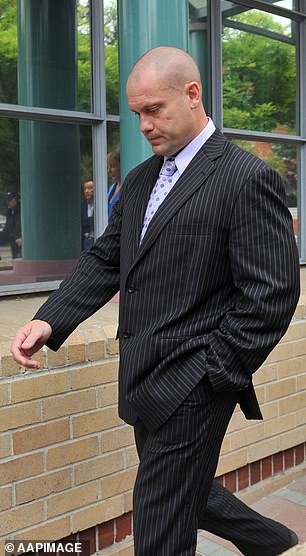
Mr Roberts’ colleagues described him as a great, case-hardened detective who put people’s lives first in his two-decade career.
He worked his way up from a local cop at the Burwood Local Area Command to the Middle Eastern Organised Crime Squad and was decorated for his arrests and work ethic.
His daughter Reanna wrote a letter to politicians after his terminal diagnosis, reminding them that her father ‘has been an outstanding civil servant and showcased strength and courage like no other person.
‘This is our last opportunity to save our dad’s life,’ she wrote.
The news that he will not be granted access to the treatment has shocked Mr Roberts, his family and everyone in his corner who had been lobbying tirelessly.
‘Inaction will mean certain death,’ Mr Roberts said. ‘They’ve already got my T cells harvested and ready to go. Instead of giving me a chance, why would they let me… die when there is another option?’
Mr Roberts cannot travel overseas to find a doctor willing to administer the treatment because he is quickly deteriorating.
But the Sydney Local Health District is standing by its decision.
A spokeswoman said: ‘We must ensure experimental treatments are safe and appropriate for the patients involved. The decision not to proceed with treatment has been made by a panel of national experts in this field.’
First interview: Policeman who shot Constable Bill Crews talks about the pain of the dark day that claimed his mate’s life
- News Limited Network
- August 11, 2013
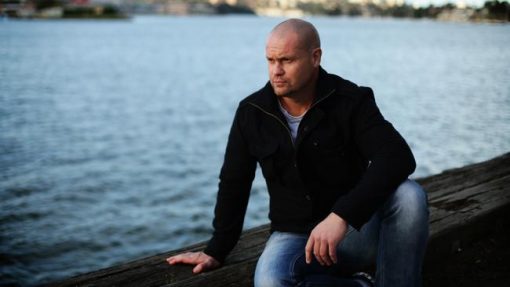
THE incident lasted just 2.8 seconds – from the time police shouted “search warrant” to the last of five bullets being fired. For three years Detective Senior Constable Dave Roberts, 42, has been struggling to understand how a routine warrant ended with his mate killed from a bullet he fired.”For a long time I couldn’t think clearly about the matter,” Roberts said.
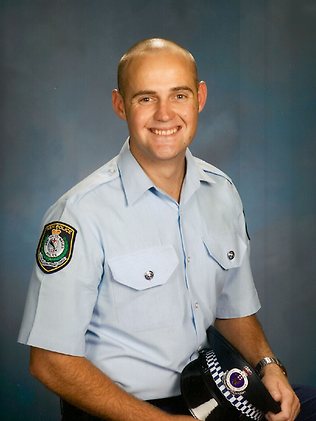
In 2010, his team from the Middle Eastern Organised Crime Squad were in the carpark of a Bankstown unit block to search drug supplier Philip Nguyen, 55.
It was considered so low-risk that detectives walked into the garage without guns drawn.
Constable Crews, 26, had just joined the squad as a highly recommended recruit. He was carrying a folder under his arm.
Extensive intelligence checks would tell police Nguyen was not armed.
Then they spotted him.
Roberts remembers an incredibly cramped space, Nguyen walking quickly out of his garage, the muzzle of his gun flashing as it fired, and Crews promptly returning fire three times.
“I’ve dropped what I was holding, drew my gun and fired once,” he said. “All that took less than three seconds.”
His words slow as he recalls regrouping with his colleagues behind a brick wall when the shooting stopped. They realised Bill was missing.
“We were looking down the garage … we saw Bill lying motionless.”
He exhales deeply before continuing.
“I was expecting to see Nguyen on the ground as well. I was hoping like crazy my round had struck him.
“About 10 seconds after it dawned on me that my round may have struck Bill.” Roberts‘ world fell apart after that night – his colleagues’ too. The commanding officer who approved the warrant later quit the force and to this day blames himself for the whole incident.
Another detective who saw the tragedy unfold self-medicates with alcohol and medication. He is a mess.
Roberts suffered the most. He has held his silence since but agreed to share his story in the hope it might assist others suffering extreme trauma.
His path has been a lonely one. It is the only friendly fire case in NSW Police Force history where a policeman has died in the line of duty.
After the incident he was taken to hospital and treated for injuries caused during a grief-stricken rage. His knuckles still bear the scars from that night as he tried to punch holes through brick walls inside the garage.
He woke to discover Nguyen was in custody and uninjured, ending any hope his bullet struck its intended target.
A carload of senior police would arrive on his doorstep later that evening to break the news his bullet struck Crews.
“That was one of the worst days of my life.”
At his lowest point Roberts was gambling heavily and dependent on Xanax to regulate his moods. He also began experiencing debilitating panic attacks. He had previously never gone near a poker machine now he was addicted. His marriage of 18 years nearly collapsed.
“I lost thousands over a 12-month period. Initially I played low amounts _ $10 at a time _ but on occasions I would put in $500. It was an escape … a very expensive way to numb the mind.”
With the help of sessions at a post-traumatic stress clinic he managed to walk away from gambling in April last year but there would be other struggles.
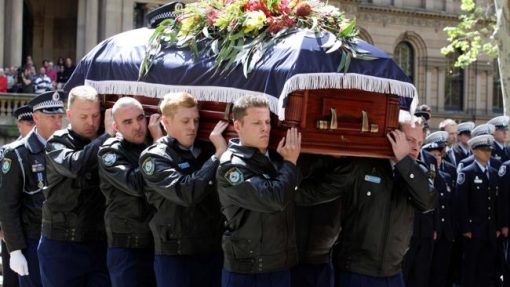
Crews’ desk had been left untouched when he returned to work a month after the incident. Little reminders of him were everywhere. They exchanged two emails just before heading off that night.
“I’ve only just deleted them,” Roberts said. “I kept them for two years.
“When I hit send on those emails everything was good. Bill was still alive. They’re a painful reminder.” Compounding his grief were reports suggesting the search was “botched”, implying he was clumsy or ill-prepared.
“It hits hard,” he said. “I knew the word `botched’ wasn’t a nice word. I looked it up and the definition is everything I’m not.”
Nguyen‘s solicitor would later assert in court that Roberts, a stickler for safety precaution, was the only officer wearing a ballistic vest that night. Incorrect. Another detective, Tom Howes ( # 40442 ) was wearing body armour – and for good reason. Howes was with Roberts the night of December 27, 2007, when a Comanchero bikie pointed a gun in their direction during a traffic stop, prompting two shots to be fired.
Both officers, ever since, insist on body armour.
Until just a few months ago, Roberts said he could not forgive himself. Nagging questions were dogging his mind. What if he had aimed better? What if the bullet had been two centimetres to the right? What if the gun was angled higher?
He would return to the Bankstown garage several months after the shooting with two police colleagues – one a tactical weapons expert, the other a detective – to reconstruct the incident and seek their impartial advice.
Statistically it was impossible to replicate the circumstances of the shooting. The whole thing was a tragic, freakish one-in-a-million, they said.
“I beat myself up for a long time over this,” Roberts said, citing family, close friends, police colleagues and the police chaplain, Frank, as those who brought him back from his living hell. “I don’t `what if‘ so much anymore. I don’t blame myself anymore.”
Nguyen has been sentenced to seven years jail over the death of Crews that night. Prosecutors have appealed, saying the punishment was “manifestly inadequate“.
Roberts is still in the force, but in a different command. He has several important reasons for staying – he wants to set a positive example for people and show life can go on after even the worst tragedies. The job, he says, is an extremely noble profession. But a major factor that is close to his heart is Crews‘ mother. “I made a promise to Sharon … She said if we left the cops it would compound her grief.”
On September 8, the anniversary of Crews’ death, Roberts will visit the memorial. Every year he goes by himself, looks at Crews‘ name, and remembers that night and his colleague in private.
“There isn’t a day that goes by that I don’t think about what happened and not a day goes by where I don’t think about Bill. And there hasn’t been for the past three years.
“I think about Bill only being a young man and he had everything ahead of him.
“I know he was well-loved by his family, by his friends.
“I know there isn’t a day that goes by (that) they wouldn’t miss him either.”
Nothing further, than what is recorded above, is known about this person at the time of publication and further information and photos would be appreciated.
Cal
20 May 2021
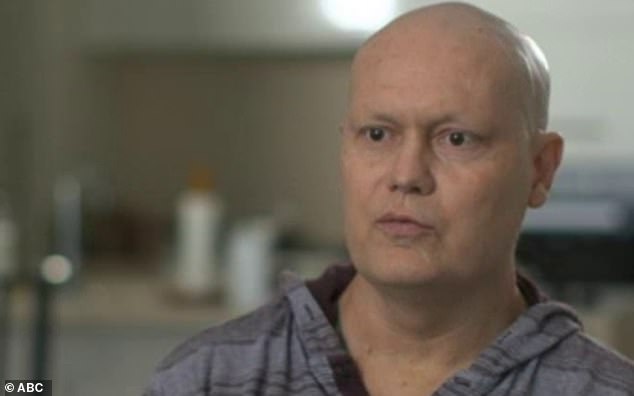
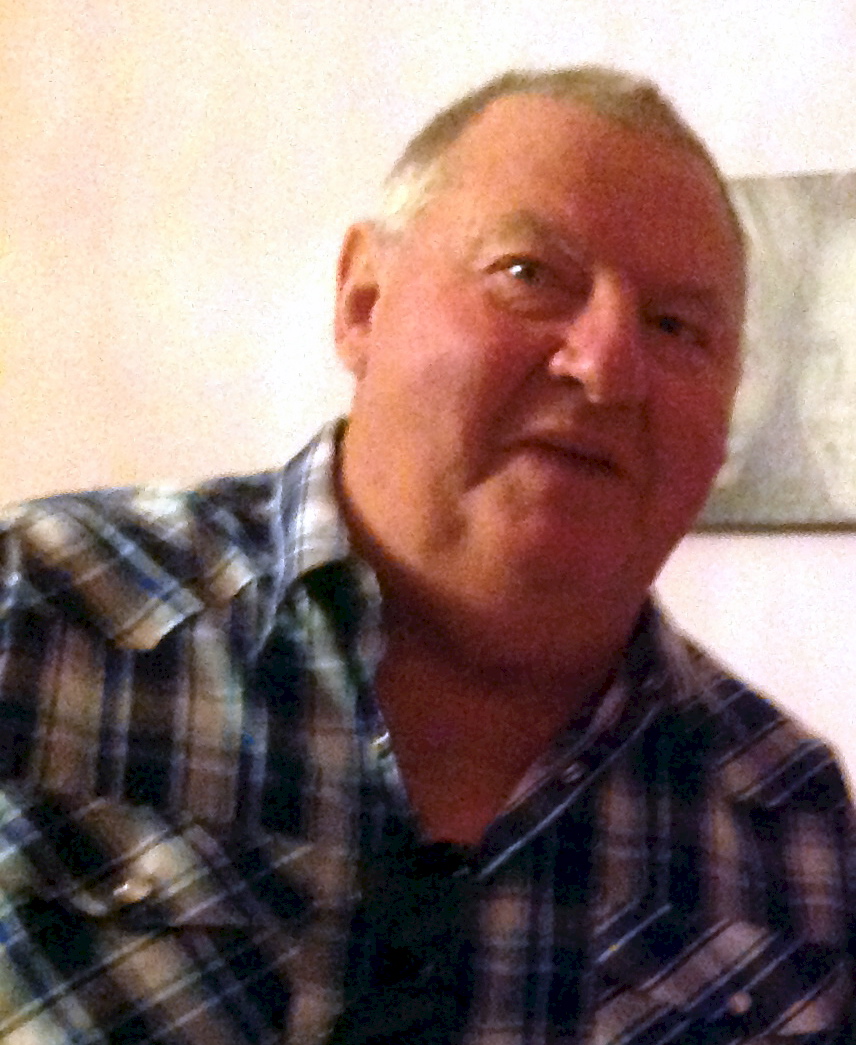
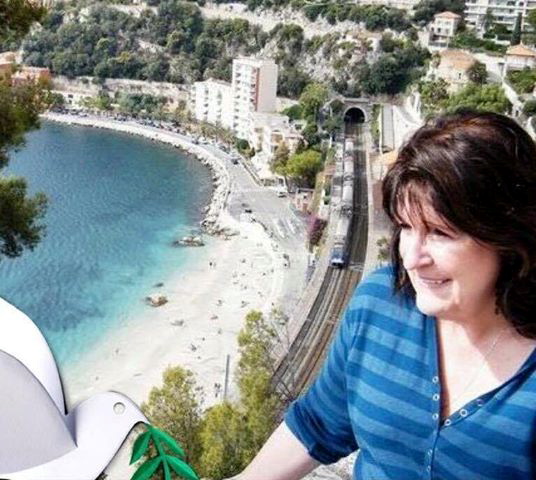
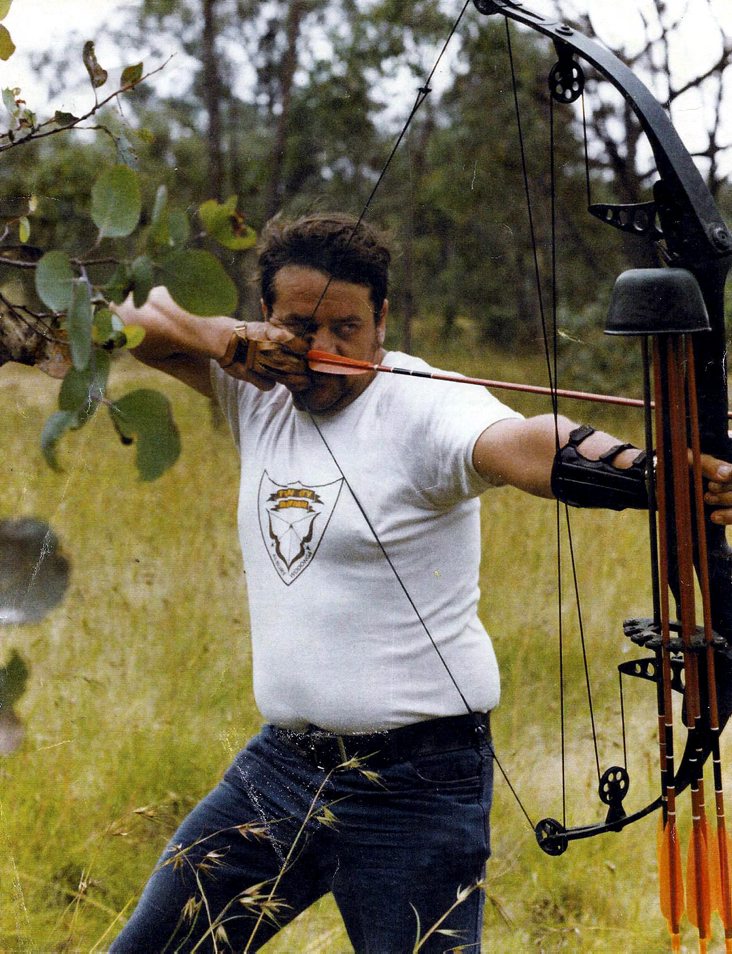
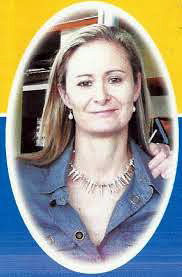
I can’t understand why they would not give him the chance at life. So sad for the family. RIP